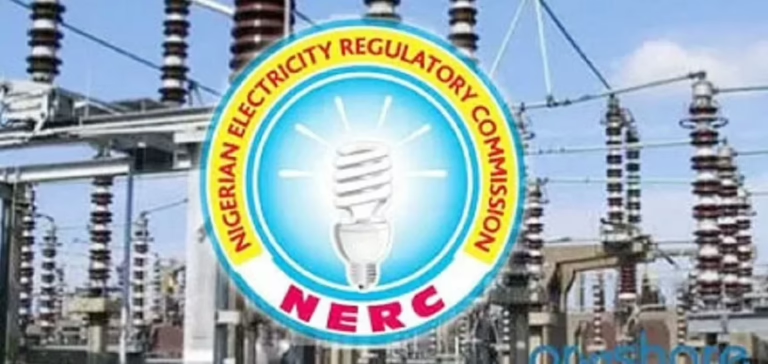Engr. Abdullahi Ramat, the incoming chairman of the Nigerian Electricity Regulatory Commission (NERC), has announced comprehensive reforms aimed at resolving persistent issues within the nation’s power sector. He emphasized a collaborative effort with the Economic and Financial Crimes Commission (EFCC) to eliminate electricity theft, meter tampering, and unauthorized connections.
Addressing stakeholders in Abuja, Ramat highlighted that his leadership will focus heavily on leveraging technology to overcome long-standing inefficiencies that have hindered the electricity supply chain for years.
He revealed plans to introduce a user-friendly mobile application compatible with both Android and iOS platforms. This app will seamlessly connect with the Application Programming Interfaces (APIs) of Distribution Companies (DISCOs) and the National Independent System Operator (NISO), enabling NERC to monitor payments and operational data in real time.
“We intend to implement a whistleblower platform inspired by the LURA app, which I developed for community policing at the local government level. This tool will empower citizens to confidentially report incidents of electricity theft, meter fraud, and illegal hookups,” Ramat explained.
He underscored the pivotal role of the EFCC in enforcing these measures, drawing parallels to the commission’s recent achievements in tackling currency mutilation.
Ramat outlined a robust enforcement framework involving arrests, legal proceedings, and public exposure of offenders. Those found guilty could face penalties including imprisonment for up to three years, as stipulated under Section 208 of the Electricity Act 2023.
“By addressing electricity theft head-on, we can lower tariffs since current losses are unjustly passed on to consumers. It is unfair for law-abiding customers to bear the financial burden caused by these illegal activities,” he asserted.
The NERC chairman lamented that nearly 50% of Nigeria’s generated electricity is lost due to systemic inefficiencies, resulting in the sector operating at roughly half its potential capacity. This situation has deterred investment and exacerbated financial challenges despite two decades of reforms and over a decade of privatization.
“Unlike the telecommunications industry, which has flourished under privatization, the power sector struggles due to its fragmented ownership. However, with NERC as the central regulatory authority, we are positioned to spearhead full digital transformation across the entire electricity value chain,” he stated.
Ramat emphasized that cutting-edge IT solutions can streamline operations, unify payment and monitoring systems, stabilize the national grid, enhance transparency, and significantly reduce Aggregate Technical, Commercial, and Collection (ATC&C) losses.
He contrasted Nigeria’s dependence on outdated infrastructure with global advancements, noting that developed countries are adopting blockchain, artificial intelligence, machine learning, and cloud technologies, while many African nations lag behind.
“Failure to act swiftly risks governments losing control over taxation, regulation, and sovereignty, potentially leading to a chaotic digital environment. Technology is no longer a luxury but a critical driver of national competitiveness. For Nigeria to succeed on the world stage, automation and e-Governance must transition from goals to reality,” he cautioned.
Ramat expressed optimism that embracing digitization will rebuild investor trust, safeguard consumer interests, foster healthy competition, improve liquidity, and ultimately reduce electricity tariffs.
“This is not merely theoretical-it is entirely within our reach,” he concluded.






















